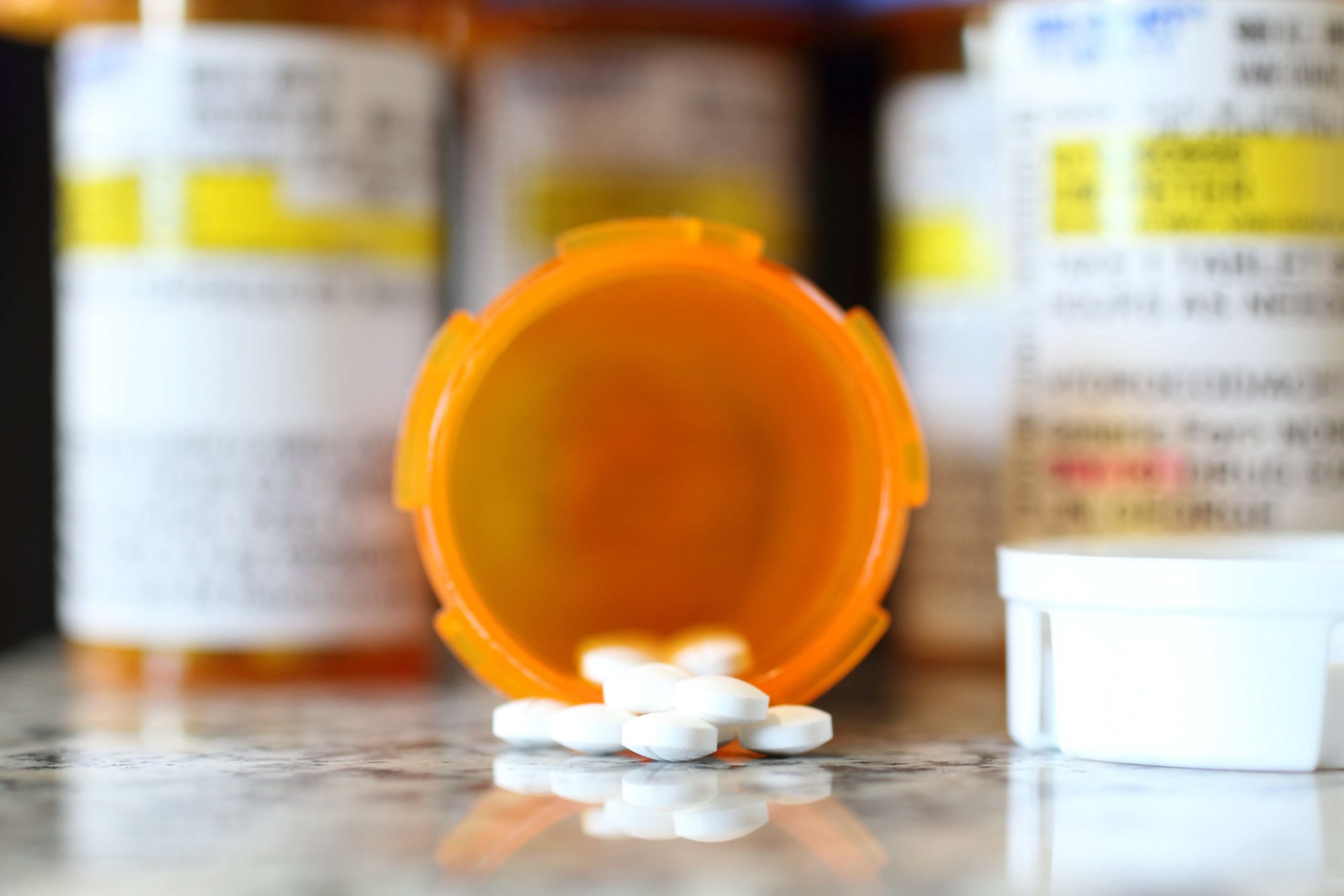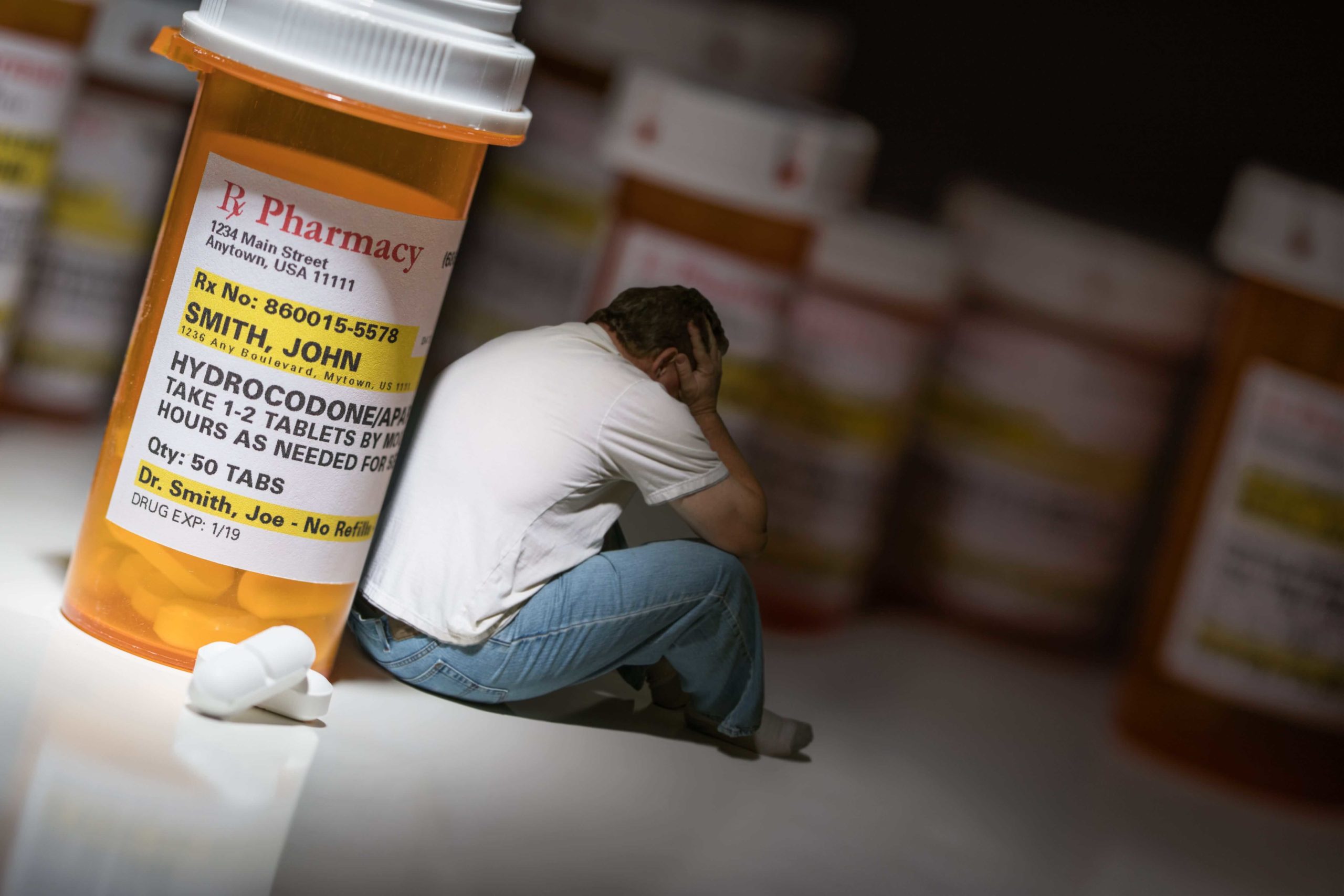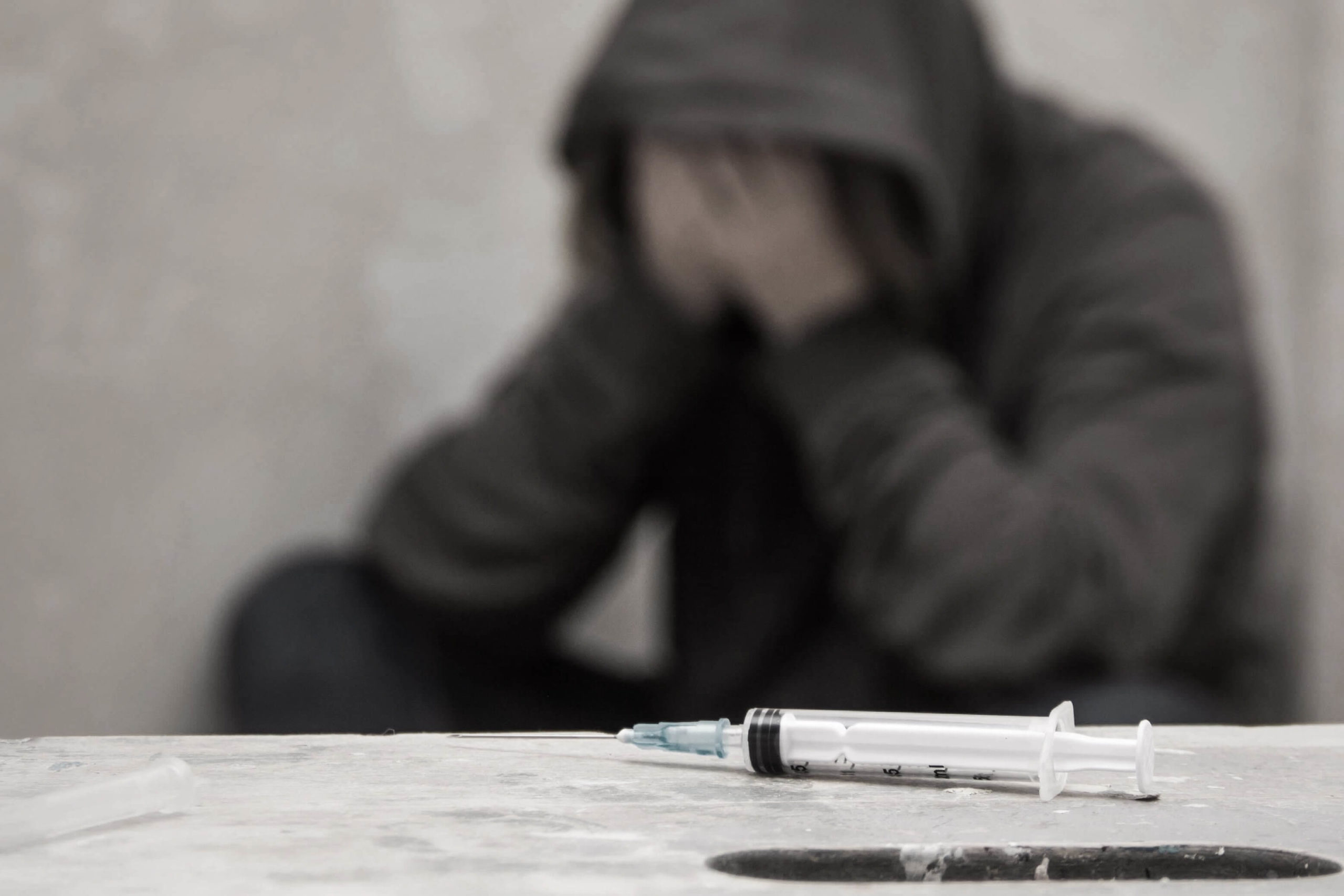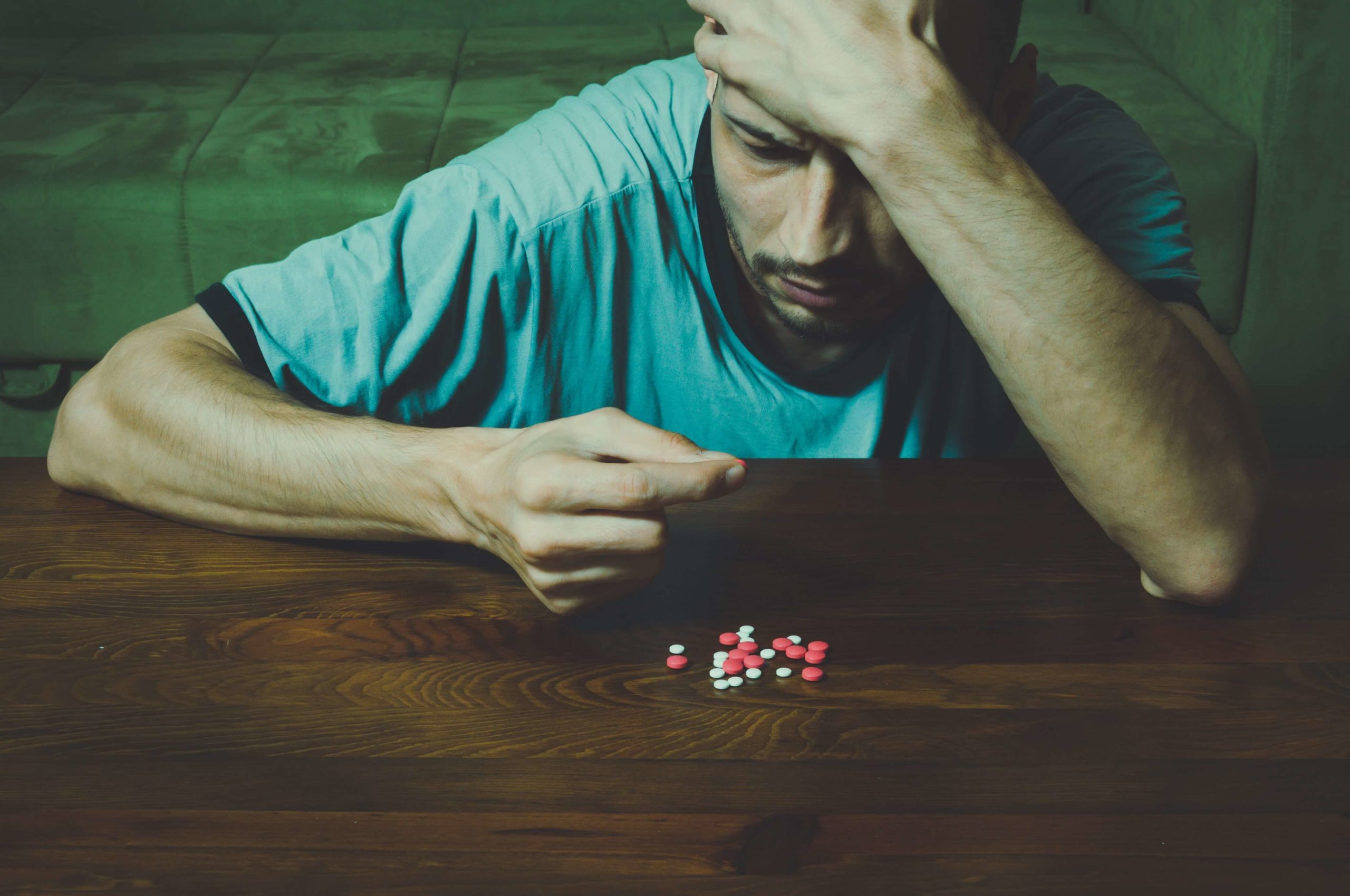What is Valium Valium also known as diazepam is most commonly used in the treatment of anxiety, muscle spasms, seizures, insomnia, restless legs syndrome and alcohol withdrawal along with a variation of other conditions. It comes in tablets with doses of 2mg (white), 5mg (yellow) and 10mg (blue). Valium is in the benzodiazepine family which […]
Continue readingThe Dangers Of Quitting Alcohol Cold Turkey
Alcoholism is a serious and deadly addiction that costs about 88,000 Americans their lives every year. This makes alcoholism the fourth highest cause of preventable death in the nation. Each year, roughly 17.6 million Americans are affected by alcohol addiction, and some will go to any length possible to overcome their addiction, including quitting cold […]
Continue readingNorco Addiction
What is Norco? Norco (an opiate analgesic) is amongst some of the most abused prescription medications, in this case, painkillers. Norco’s active ingredient is hydrocodone and acetaminophen. The most popular Norco is a 539, 10mg hydrocodone and 325mg acetaminophen, and subsequently, it is the most powerful, more powerful than any Vicodin. The risk of dependence […]
Continue readingHow To Have An Intervention That Will Work
It’s extremely difficult to watch someone you love ruin their health and their life because of alcohol or drug use. If your loved one isn’t ready to ask for help or reach out to someone they trust, you may feel like the only option is to stage an intervention. It’s common for friends and family […]
Continue readingExpressive Therapy For Addiction
Expressive Therapy, also known as Creative Art Therapy, is used in the field of addiction as a form of healing, where the process of creation is emphasized more so than the final product. Expressive Therapy is used to assist the client in getting in touch with his or her inner and authentic self. Creative Art […]
Continue readingThe Biopsychosocial Aspects of Addiction
Addiction is a biopsychosocial issue. It is crucial that treatment does not place emphasis solely on the drug of choice but on the entire process of the addiction at hand. At Soba Recovery our comprehensive addiction treatment program addresses all aspects of addiction. At Soba Recovery, we also incorporate the medical management of addiction into our […]
Continue reading12 Facts to Consider Before Refilling your Prescription Pills
When you are in pain, you want the discomfort to stop as soon as possible. Both opiate and narcotic drugs are often prescribed as an antidote to deal with chronic pain. The number of these types of prescriptions has increased, and so has the number of hospitalizations from overdoses, deaths, and injuries. Before you fill […]
Continue readingWhy Do Addicts Use Drugs?
Drug addiction is a serious problem in the United States. 23.5 million Americans suffer from drug and alcohol addiction. That’s almost one out of every ten people.
What is it about drug addiction that makes it so difficult to overcome? Why do people become addicted to drugs in the first place? This article will explore the roots of addiction and why addictive behavior ultimately leads to drug abuse.
What is Addiction?
“Addiction” refers to any condition in which a person is either compulsively ingesting a substance or engaging in a behavior that interferes with the person’s ability to maintain an ordinary lifestyle.
For example, a non-alcoholic can exercise self-control when he or she is drinking at a dinner party. An alcoholic, on the other hand, is a compulsive drinker. He or she is unable to exercise self-control and will continue to drink even if his or her job, relationships, or life are in jeopardy.
Many people who use drugs believe that they can quit on their own, without receiving any treatment. However, to think that you can simply “will” your addiction away is to misunderstand the nature of addiction.
Overcoming addiction has nothing to do with willpower or morality. Addiction is a disease that affects the brain. Although the right kind of treatment can help a person overcome an addiction, it’s important to understand that addiction isn’t just about behavior. It’s also about biology.
How Drug Addiction Affects the Brain
When a person uses drugs for the first time, they are usually doing so voluntarily. Over time, however, chronic drug use impacts the brain to such a degree that it no longer feels like a choice to use drugs. It feels like it’s something you have to do.
Most drugs affect the brain’s reward centers by boosting the production of dopamine, which is a neurotransmitter. Dopamine is responsible for regulating the body’s movement, emotions, and sensations of pleasure.
Your body naturally releases dopamine when you’re engaged in behaviors necessary for survival such as eating and social bonding. When dopamine is released in this manner, it helps to reinforce those necessary behaviors. When a person uses drugs and dopamine is released into the brain, this, unfortunately, reinforces the drug-related behavior.
Each time a person uses drugs, the brain responds to this abnormally high dopamine production by creating less natural dopamine. It also creates fewer dopamine receptors. As a result, the addict must either continue to use drugs just to keep their dopamine levels at “normal” or increase his or her drug use so that they can continue to feel “high.”
Studies show that long-term drug use can negatively affect the parts of the brain that deal with decision-making, judgment, and behavior control.
Given these factors, it’s easy to see why a drug addict feels powerless in the face of his or her addiction. Even if the person genuinely wants to quit, the changes that have been made to the addict’s brain make it extremely difficult.
History is full of examples of men and women who have overcome addiction. However, it’s important to understand what’s happening inside of an addict’s brain. Having this knowledge not only helps facilitate treatment, but it also encourages compassion.
REFERENCES:
H. (2012, December). Why Do Drug-Addicted Persons Keep Using Drugs? Retrieved December 01, 2016, from https://www.drugabuse.gov/publications/principles-drug-addiction-treatment-research-based-guide-third-edition/frequently-asked-questions/why-do-drug-addicted-persons-keep-using
Wilcox, S. (2015, July 25). Understanding Addiction. Retrieved December 01, 2016, from https://www.ncadd.org/about-addiction/drugs/understanding-addiction
New Data Show Millions of Americans with Alcohol and Drug Addiction Could Benefit from Health Care R – Partnership for Drug-Free Kids. (2010, September 28). Retrieved December 01, 2016, from http://www.drugfree.org/new-data-show-millions-of-americans-with-alcohol-and-drug-addiction-could-benefit-from-health-care-r/
Heroin Detox & Withdrawal
Heroin is an extremely addictive opiate drug used by adults and young people in whatever economic state of life. NIDA’s 2010 survey revealed that at least 0.8% of 8th graders already use heroin. Like other opiates, heroin produces distressing emotional and physical withdrawal symptoms which are often referred to, as opiate withdrawal. To address these […]
Continue readingRecovering From Prescription Pill Addiction
While the majority of Americans use prescription pills like Xanax, Vicodin and other drugs for pain management as prescribed by the physicians, statistics revealed an alarming number of its illicit use. In 2010, SAMSHA revealed that individuals seeking medical treatment due to prescription drug abuse tripled from 1998 to 2008. This study corresponds to NIDA’s […]
Continue reading










